The Agricultural Science Association (ASA) annual conference will take place at the Lyrath Hotel in Kilkenny on Thursday 8 September for the first time since 2019.
The event, which is sponsored by FBD Trust, will be themed 'Science at the Forefront of Agricultural Sustainability'.
There will be three sessions on the day, which will look at Irish, European and international perspectives on the role of science in sustainable agriculture.
These panels will be complemented by papers from inaugural ASA communications fellow Professor Laurence Shalloo and an address by Minister Simon Coveney.
Industry panels
Panels from the industrial and research sectors on the night include Professor John Roche, the chief science advisor for the New Zealand Ministry for primary industries.
According to Professor Roche, New Zealand is looking at two specific areas in agriculture around environmental issues and concerns around freshwater and emissions.
On emissions, New Zealand has created legislation that recognises the different warming potentials and the different lifetimes of the different greenhouse gases in the atmosphere.
Biogenic methane from ruminant animals, rice paddies and natural wetlands is very different to fossil fuel-derived gases
In doing so, Roche said that New Zealand has recognised that although methane is a potent greenhouse gas, biogenic methane from ruminant animals, rice paddies and natural wetlands is very different to fossil fuel-derived gases and has a short half-life (10 to 15 years).
The aim of the legislation is to enable New Zealand to implement clear and stable climate change policies that contribute to the global effort under the Paris Agreement to limit the global average temperature increase to 1.5°C above pre-industrial levels.
The New Zealand government is also investing in forestry for sequestration and as a fuel source to replace some of the reliance on fossil fuels and in on-farm support services that will help farmers and growers to profitably transition to a more climate-neutral operating model.
Accelerate
New Zealand also has three different research and development areas that it will accelerate to find a solution, including a vaccine against methane.
Firstly, researchers have identified a vaccine that produces antibodies that disrupt the ability of microorganisms in the rumen to produce methane.
The work is in its early stages, but they have proven that the antibodies work in the laboratory and that animals can be vaccinated to produce the antibodies in their saliva.
If successful, he said, the vaccine would be administered once a year or once every few years.
The expectation is that methane could be reduced by 10% to 20% and possibly more.
Secondly, through genetics, which they know the effect of is permanent, and, thirdly, through inhibitors in feed additives or rumen boluses that can reduce methane by 30% to 40%.
ASA president Dr George Ramsbottom said: “Agricultural scientists are at the forefront of the drive to lower agricultural emissions. The target set for Irish agriculture is a 25% reduction by 2030.
"Our annual conference will allow attendees to learn about the science-based initiatives being adopted in Europe and globally to meet this target.”
FBD Trust chair Michael Berkery said: “In FBD, we are delighted to continue our major sponsorship of this flagship event for the ASA.
"Given the challenges and opportunities in the sector, agricultural science and research was never more important and the lineup for this year’s annual event will greatly enhance knowledge, debate and discussion on these vital topics around sustainability."




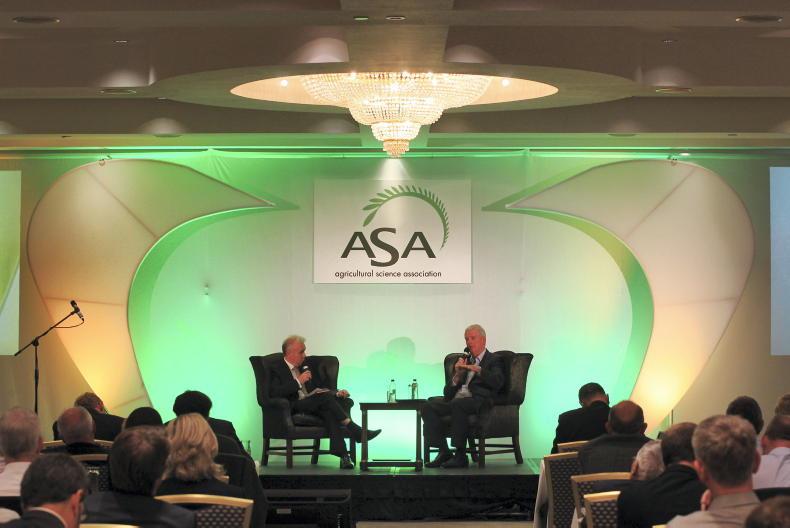
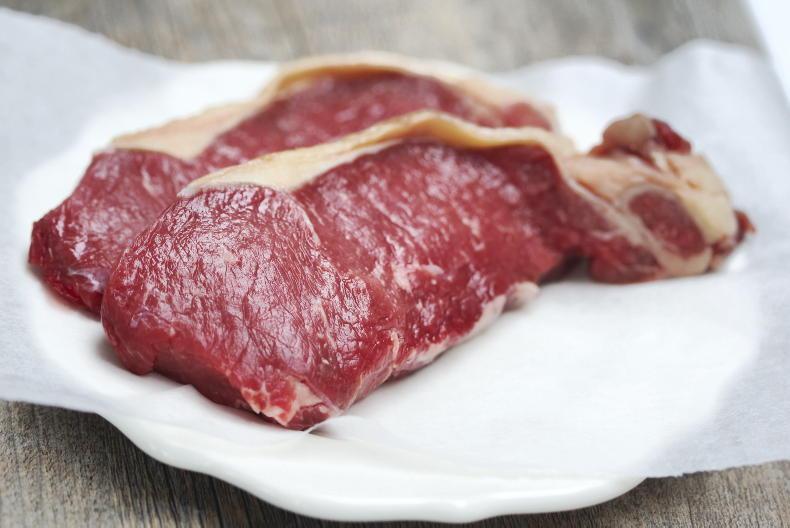

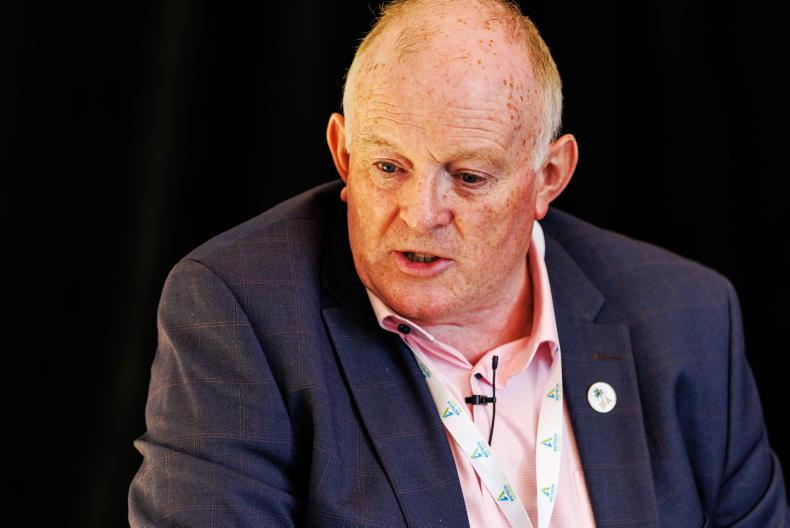
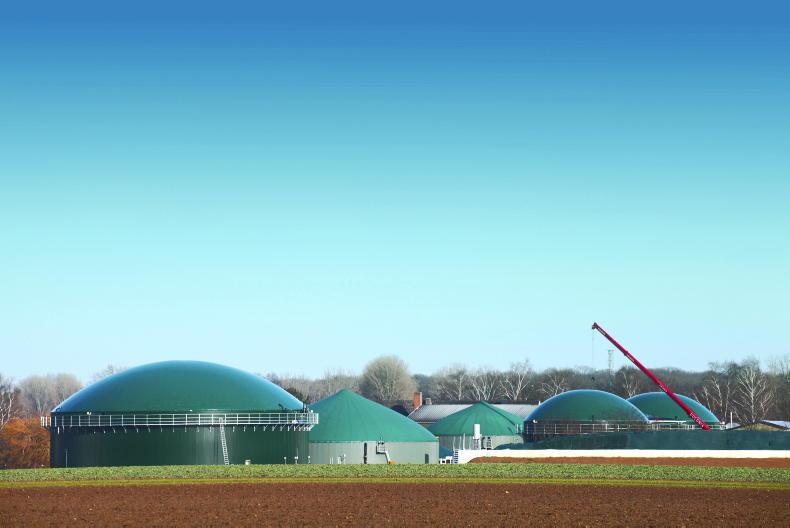
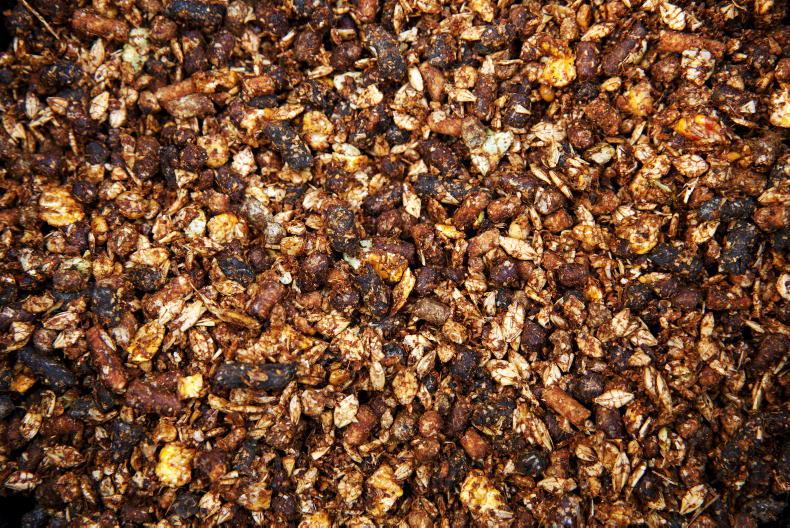
SHARING OPTIONS